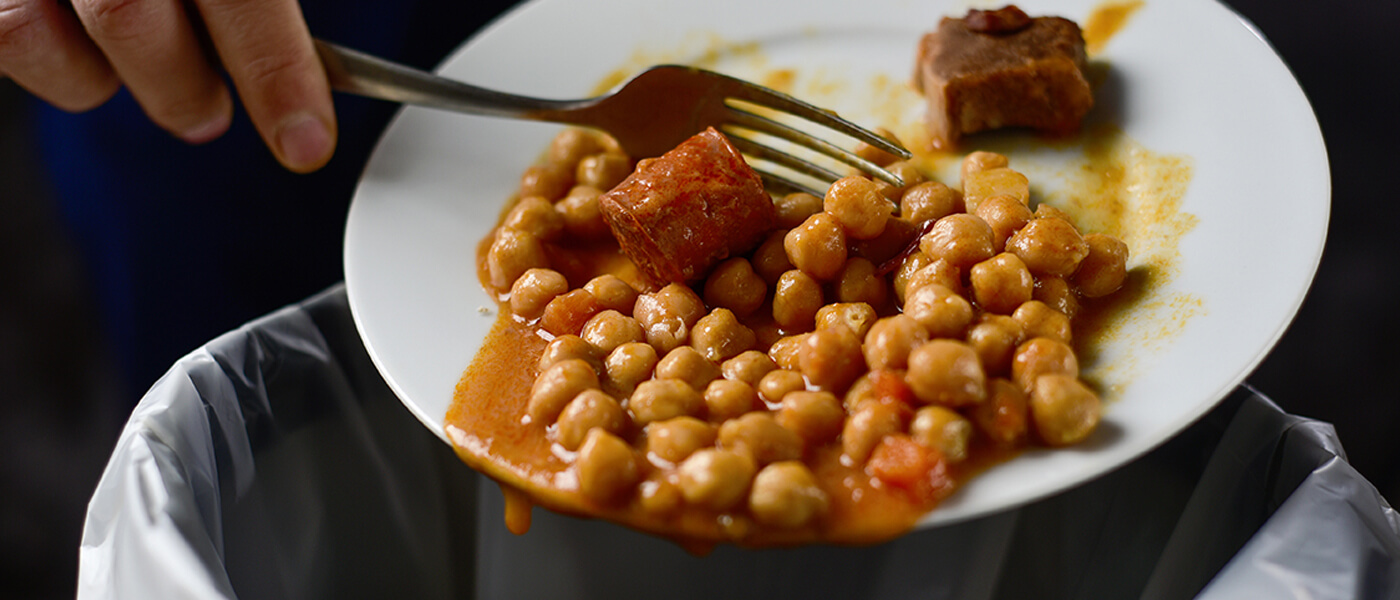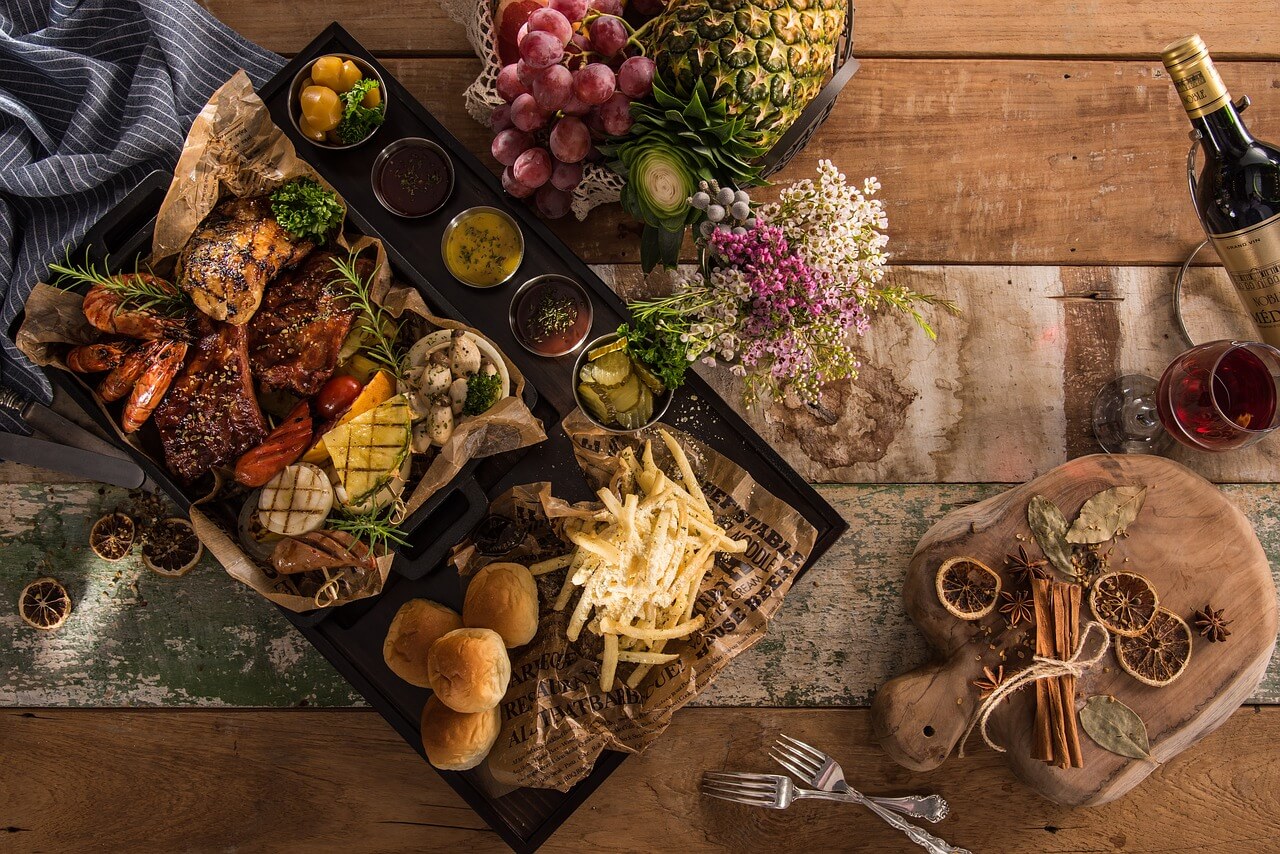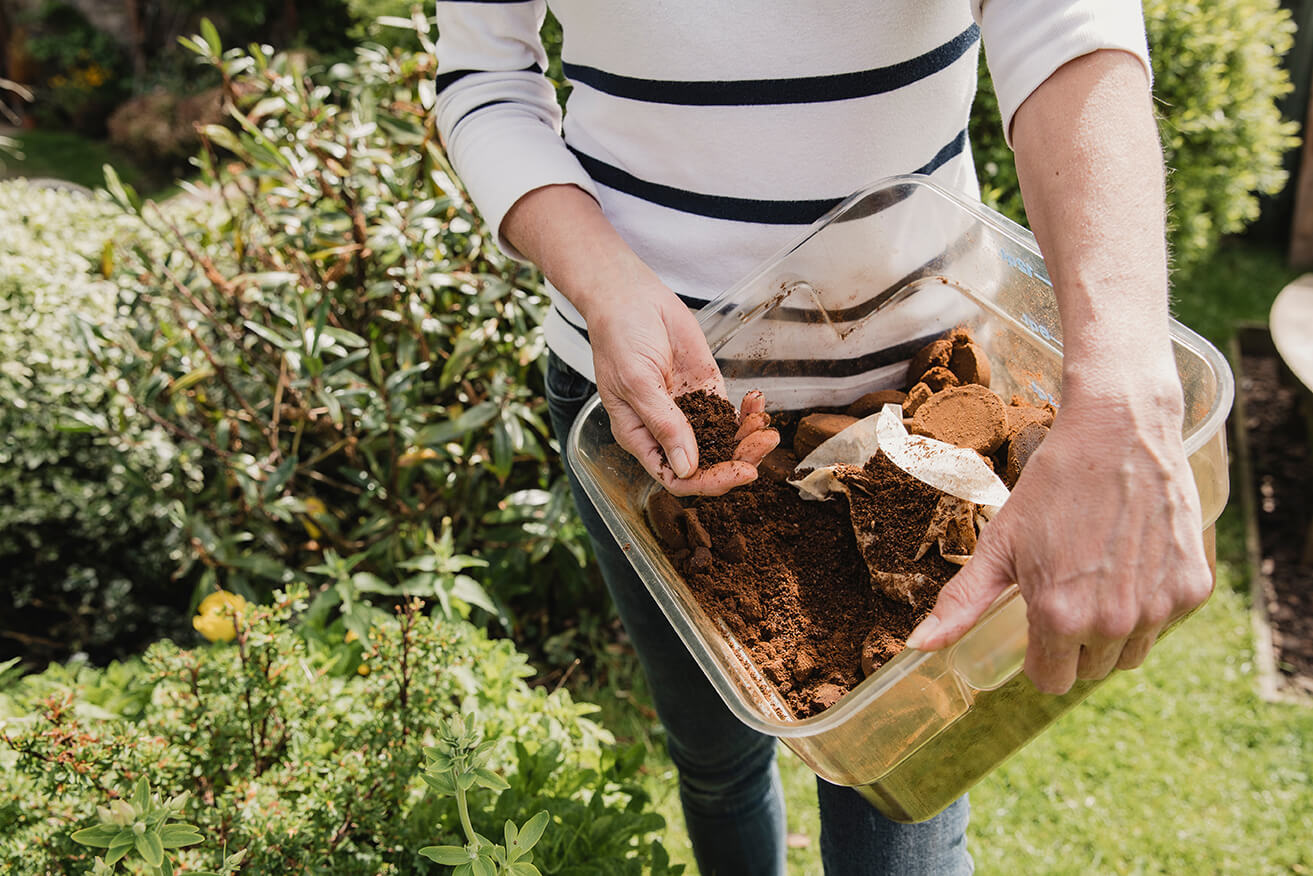- Home
- Residential
- Blog
- Why you should pay heed to our growing food waste
[Post Date]
Why you should pay heed to our growing food waste

When you were still a little kid, you might have been warned by Mom that unfinished food will cause you and/or your future spouse to develop some unwanted “physical characteristics”.
All grown-up and now a little smarter, we know it to be bollocks, nothing but old wives’ tales to scare us into licking our plates clean.
However, the real consequences of unchecked food wastage are more serious than blemishes on the face.
Local Food Waste Trend Unsavoury
We are all at some point guilty of consciously tossing food into the trash. Whether it is buying a 2kg birthday cake for 5 people, ordering a 5-course dinner to impress a date despite being half-full with kaya toast from tea-time, picking out the carbs to maintain weight goals, or even buying a large variety of dishes from the hawker centre just to taste a little of everything, we are very much capable of trivialising the impact of our wastage.
According to the UN, about 1.3 billion tons of food produced around the world is wasted every year.
In Singapore, food waste generates one of the largest amounts of waste with no downward trend in sight, according to a National Environment Agency report.
Over the past decade, our food waste has risen 30% from 568,000 tons to more than 739,000 tons in 2018, accounting for 20% of total waste generated. Only 16% of all food waste gets recycled.

F&B establishment face increasing pressures to compete, often on portion value
Countering Food Waste
Over the years, community and national partners have sprung into action to turn what was once a man’s trash into another’s treasure.
Since 2014, local supermarket chain NTUC FairPrice created a framework that involves the community and partners to enhance internal processes, educate the public and form waste reduction partnerships.
Some food establishments, such as two food centres in Ang Mo Kio and Tiong Bahru, have designed a food waste recycling system that turns discarded food into compost for gardening.
Some shopping malls, such as Jem and Parkway Parade, have adopted systems that convert food waste into compost using anaerobic biodigesters for landscaping or non-potable water usage.
Other commercial and industrial premises like hotels, schools and municipal buildings have acknowledged the need to respond to food wastage; many of them have now adopted on-site food waste practices and management solutions in a bid to reduce their footprint.
Good Solutions, But No Panacea
When it comes to wastage, while noble solutions can turn the tide, addressing the problem after the waste has been created is no permanent remedy. The issue of overconsumption, not just on food but also other resources such as electricity and clean water, needs to be addressed from the ground up.
We need to step up on educating the public to adopt a zero-waste mindset, be mindful of our resource consumption and maintain a sensible rationing mentality. For this, we have as a collective started to create awareness about sustainable living and draw people into our green camp, beginning with homes, workplaces, schools, and food establishments.
Ultimately, to become an advanced and resource-efficient nation, all hands will need to be on deck – government, businesses and down to the individual consumer – to embark on a concerted effort towards maximising our resources, extending the utility of our excesses and repurposing our wastes.

Converting food waste into compost is one way of repurposing what would have ended up in a landfill
How We Can Do Our Part
At Geneco, we believe combating big issues like wastes, environmental conservation, social responsibility and climate change involves every single man on the ground.
Here are four simple ways you can adopt to make the change and help reduce food wastage:
1. Shop smart and realistically
Simple, but all things start with the basics. When you go grocery shopping, make sure you don’t buy too much food. Think carefully and write a list of what you really need for tonight’s dinner, down to the portions and recipe. Head to the store and buy only what you have written.
2. Don’t over-serve food
Yes, we know you are generous, but serving too much food does no one justice either. If you are unsure how much food to serve, you can try applying recommended diet guidelines into your recipes. Using smaller plates can also help. Over time, you will get better at it.
3. Save and eat leftovers
You do not have to feel shame eating leftover food (not spoilt ones, of course). After all, some ‘leftover’ food like cheeses, yoghurts and even tofu become known as delicacies. Save uneaten dinner for breakfast tomorrow or ‘tapao’ if you eat out. Refrigerate or freeze when appropriate.
4. Try composting, but only as the final measure
Turn your discards into compost! But do this as the final measure, since combating food wastage should start as early up the line as possible, and it is just a neat safety net to keep food away from the bin and do something good with them.
Start your sustainable journey with Geneco’s Get it Green plan today.
References:
- Elangovan, N. (2020, June 5) Singapore households generated additional 1,334 tonnes of plastic waste during circuit breaker: Study, Today Online.
https://www.todayonline.com/singapore/singapore-households-generated-additional-1334-tonnes-plastic-waste-during-circuit-breaker
Image Credits: Nylon Coffee Roasters
Source: The Sustainability Project
